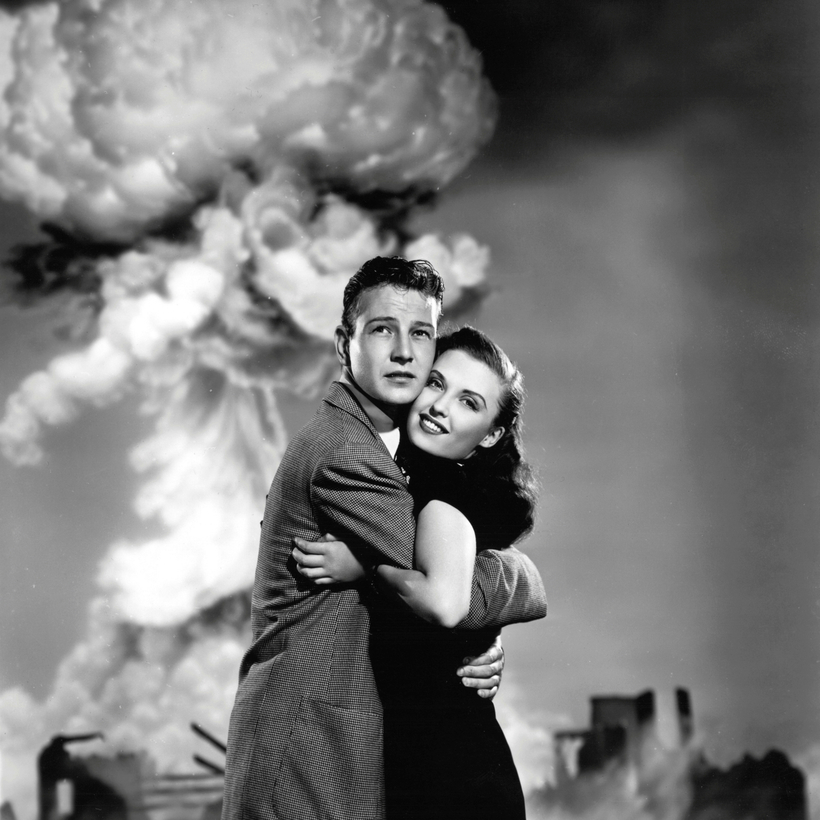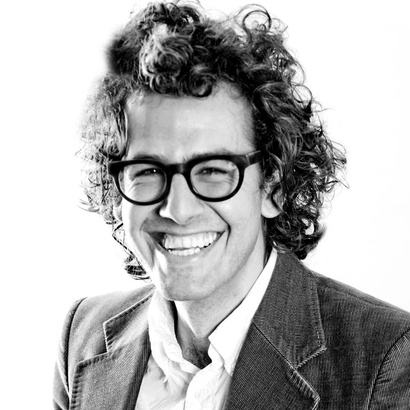Well, The Beginning or the End is the book for you if you want to know everything you possibly can about the flop movie The Beginning or the End. Do you?
Author Greg Mitchell, who has published widely on the atomic bomb and atomic culture, has studiously and sincerely collected the available material on Hollywood’s postwar production race—specifically, Paramount versus MGM—to make a movie about the catastrophic consequences and urgent considerations of Hiroshima and Nagasaki. MGM finally won; they made the movie whose title gives this book its name. That the movie is putrid has not deterred Mitchell from preserving, in detail, the play-by-play push-pull of historical fact and public-relations fiction that comes with the everyday routine of screenwriters hired and fired, actors cast and re-cast, and so on. In between are colorful appearances from Ayn Rand and Robert Oppenheimer, and, throughout, a few fun fish-out-of-water cameos from President Truman and, memorably, Albert Einstein.


